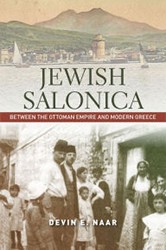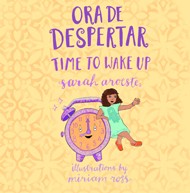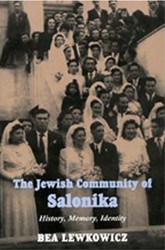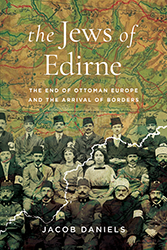Readers picking up Renee Levine Melammed’s An Ode to Salonika: The Ladino Verses of Bouena Sarfatty expecting to find an undiscovered Keats or Dickinson may be disappointed, but those wanting insight into the world of Greek Jews before, during, and after the Holocaust are likely to find this unique work well worth their time. Melammed divides the book into two sections, providing a biographical, historical, and sociological essay to introduce Bouena’s poems about Salonika before the war. A second essay discussing the Holocaust and the aftermath introduces the second set of poems. These succinct, well written essays give the reader a sense of the culture and dynamic of this part of the Sephardic diaspora, spreading outward from Bouena Sarfatty’s personal story, to that of her town, and to Greece as a whole.
Readers unfamiliar with the tradition of “coplas” may find the poems a bit odd and even “unpoetic.” The traditional copla is an improvised verse, typically praising or poking fun at a neighbor or commenting on something happening in the village, and ending with a toast to an individual, most often not even alluded to in the poem. “At the balls there is a dance card./ The boys write which dance they are going to dance./ If the girl has a lot of money, everyone waits his turn./ Let us drink to the health of Salomon Amar.” Most of Sarfatty’s 413 coplas in the first collection and 99 in the second follow this tradition, creating such a sense of intimacy with the town that readers will want to raise a glass in toast to people who have come to feel like their own neighbors.
Sarfatty’s tone is ironic, amused, sardonic, and tender in the first collection. In the second half, anger, horror, and bewilderment occasionally cause her to abandon the traditional copla style altogether. Collaborators, particularly the Ashkenazic rabbi (an outsider who never bothered to learn Ladino and manipulates the situation to save his own life at the expense of other Jews) and Hasson (a neighbor turned thuggish enforcer for the Nazis), are frequent targets of her outrage. The last coplas were written after the war, as Sarfatty reflects on what was lost and the magnitude of the tragedy.
Those interested in Ladino will also enjoy the layout of this book, with Ladino versions of the coplas on the verso side and English translations by Melammed on the recto side.





